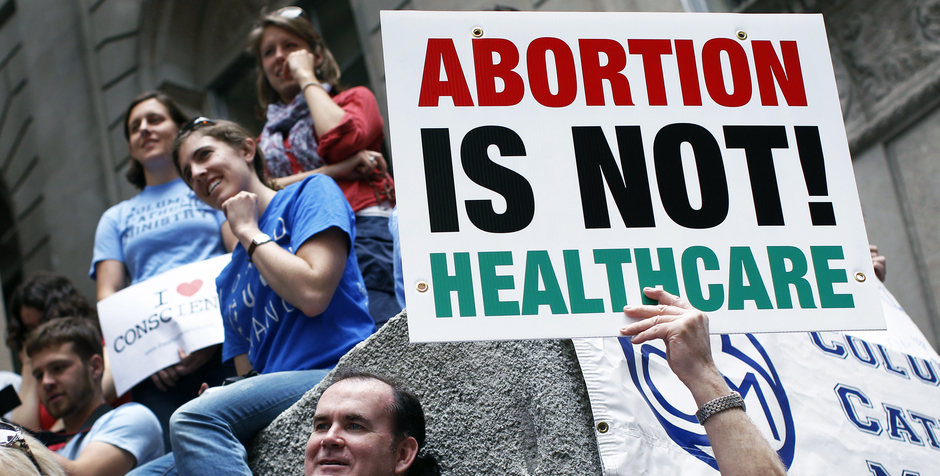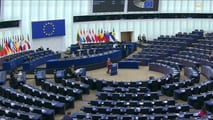The European Centre for Law and Justice warmly welcomes a decision of the European Court of Human Rights upholding the freedom of speech of a pro-life activist in the case of Annen v. Germany (no. 3690/10; Nov. 26, 2015).
This case concerns the prohibition of distributing anti-abortion leaflets near a clinic which performed abortions, and of listing on a website the names of the doctors running the clinic. The ECHR ruled that such prohibition violated the pro-life activist’s right to freedom of expression
The European Centre for Law and Justice intervened in the proceedings as third party and submitted written observations in support of freedom of speech.
This decision is particularly welcomed because the ECHR in its case-law has not always been very supportive of pro-life freedom of speech, especially when compared to cases concerning pro-abortion activism and discourses.
In July 2005, as part of a pro-life campaign, Mr Annen distributed leaflets in the immediate vicinity of a day clinic which performed abortions. The leaflets alleged, in bold letters, that the two doctors running the clinic, whose full names and address were mentioned, performed "unlawful abortions”. This statement was followed by an explanation in smaller letters stating that the abortions were allowed by the German legislator and were not subject to criminal liability. It continued: “The attestation of counselling protects the ‘doctor’ and the mother from criminal prosecution, but not from their responsibility before God.”
The back of the leaflets included the following sentence: “The murder of human beings in Auschwitz was unlawful, but the morally degraded NS State allowed the murder of innocent people and did not make it subject to criminal liability.” That sentence was followed by a reference to a website run by Mr Annen, www.babycaust.de, which included a list of “abortion doctors”, among them the two doctors running the day clinic.
In January 2007 a regional court ordered Mr Annen to stop distributing, in the immediate vicinity of the clinic, leaflets containing the names of the doctors and the assertion that unlawful abortions were performed there. The court also ordered Mr Annen to stop mentioning the two doctors’ names and addresses in the list of “abortion doctors” on the website run by him.
In its decision, the European Court of Human Rights found that the German courts had failed to strike a fair balance between Mr Annen’s right to freedom of expression and the doctor’s personality rights.
As a matter of principle, the Court underlined that “there can be no doubt as to the acute sensitivity of the moral and ethical issues raised by the question of abortion or as to the importance of the public interest at stake.” Therefore, freedom of expression in regard to abortion shall enjoy a full protection.
The Court noticed, inter alia, that in the leaflets it was made clear that the abortions performed in the clinic were not subject to criminal liability. Therefore, the statement that “unlawful abortions” were being performed in the clinic was correct from a legal point of view.
Regarding the reference to the Holocaust, the Court considered that “the applicant did not – at least not explicitly – equate abortion with the Holocaust” but that this reference had to be understood as “a way of creating awareness of the more general fact that law might diverge from morality” (§ 63), as underlined by the ECLJ in its submission to the Court.
As regards the order for Mr Annen to stop listing on his website the names of the doctors running the clinic, the Court noted that the German Courts failed to examine any specific elements of the website and to apply standards which were in conformity with the procedural requirements of Article 10.
The Court held that Germany was to pay Mr Annen 13,696.87 euros in respect of costs and expenses.
Judges Yudkivska and Jäderblom expressed a joint dissenting opinion.
This Chamber judgment is not final. During the three-month period following its delivery, any party may request that the case be referred to the Grand Chamber of the Court.













